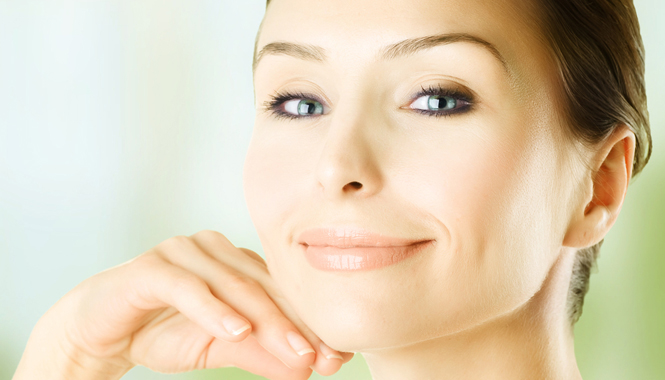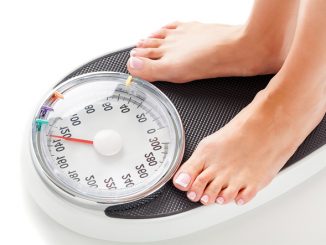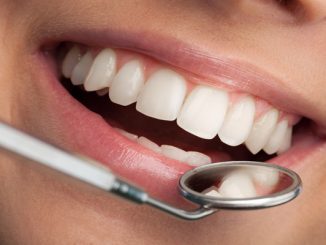

Acne, medically termed acne vulgaris, is a skin condition, which involves pores or hair follicles. Highly prevalent in the United States, the skin condition, though not a dreaded disease, is a chronic inflammatory skin disease. Occurrence of acne leads to pimples, whiteheads and blackheads. In most cases, acne occurs in the face, neck, upper arms, chest and back. Acne is classified into three categories namely mild acne, moderate acne and severe acne.
Mild Acne
While there is not a distinct line drawn to differentiate mild from moderate, dermatologists name it based on its occurrence and the effects it has on the skin. Even those suffering from mild acne, as doctors name it, the symptoms seen on the skin may not be uniform. If you consider the level, mild acne could be said to be in a low level where it is not seen wide spread nor is it inflamed. Mild acne does not cause deep-rooted blemishes. FDA states that mild acne has some comedones and a couple of papules along with pustules. Comedones are the whiteheads and blackheads. Papule refers to the pimple, which is swollen. Pustule is a pimple with swelling but it differs from papule with a top filled with pus.
Mild acne could affect people of all ages. Right from newborns to seniors, everyone has the possibility of acne occurring on their skin. It does not restrict its presence to any particular part of the body as well.
Causes Of Mild Acne
Various factors contribute to mild acne. It could be hormonal changes and women have more of it during menstrual cycles, pregnancy and during menopause. Certain medications, cosmetic products and stress contribute to mild acne.
How To Know If You Have Mild Acne
If the acne breakout is non-inflamed comedone, it could be mild acne. In mild acne, the red pimples are small and occur lesser. Painful blemishes and deep blemishes are not seen in mild acne. Moreover, the acne breakouts do not cause scars if it is mild acne. However, you could not take it for granted that the acne would remain mild until you cure it. In some cases, mild acne progresses to become severe. Hence, it is imperative that you address the condition when it is still mild.
How To Cure Mild Acne
It is always better to treat acne the moment you spot it. When you treat acne when it is still mild, you will find the results come by quicker. There are various treatment options for mild acne. Based on the skin condition and the way it responds to treatment, you could opt for any of these treatment types.
Over The Counter Treatment
You will find the drug store in your area selling medications to treat mild acne. The lotions available over the counter or OTC, are mild. They keep the skin oil free and kill bacteria. Some of the popular OTC medications include benzoyl peroxide, salicylic acid and sulfur. Benzoyl peroxide is considered the most effective OTC treatment for acne. Salicylic acid cleanses the pores. It addresses mild problems with acne and not as effective as benzoyl peroxide. It could complement other acne medications. Sulfur is used widely and for a long period. This again supplements other medications for acne.
Medications By Prescription
When your acne does not respond to OTC medication, you might be in need of assistance from your dermatologist. You will be prescribed medications for the mild acne that refuses to budge. Some of the medications your dermatologist might prescribe include Tretinoin, tazarotene and adapalene. Topical retinoids unclog the pores and reduces the size of the pores.
“Hands On” Treatment
You have yet another treatment option to cure mild acne. You could reach for your esthetician who could work on your trouble. However, get a nod from your dermatologist before you fix an appointment with your beautician.
Mild acne responds well to facial treatment. Facial treatment will cleanse your skin as well as exfoliate it. Your pores will be dirt free and clean. The facial procedure will help clean the blemishes and make the skin healthy. Microdermabrasion is yet another spa treatment where the skin will be exfoliated. This type of treatment follows facial normally. In chemical peels treatment, high potency acid is used to remove top layer and minimize scars that are deep.
Mild acne is curable if addressed immediately and using effective methods. Whatever type of treatment you choose, you need to speed them up by following a proper life style. Nutritious food, regular exercise and stress free life are the most essential factors that aid in curing acne.











Leave a Reply
You must be logged in to post a comment.